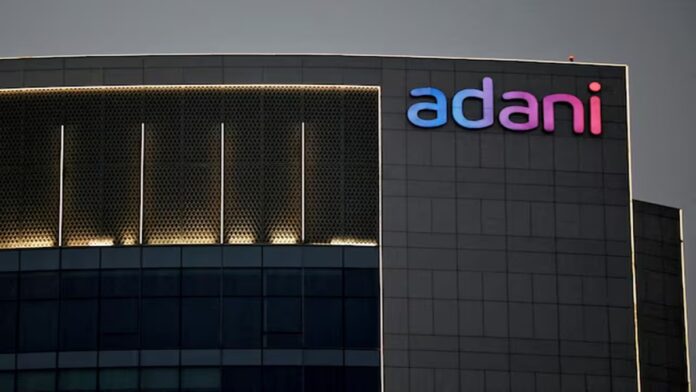The approach from the Solar Energy Corporation of India (SECI) on Sept. 15, 2021 came out of the blue. The federal agency, tasked with developing the solar sector, wanted to know if the southeastern state of Andhra Pradesh would like to sign India’s largest renewables contract.
Two years earlier, Andhra Pradesh’s energy regulator had said in a 10-year forecast the state had no short-term need for solar power, and should focus on other renewables that could provide 24-hour energy.
But just a day after SECI approached the state government, the 26-member state cabinet led by Chief Minister YS Jagan Mohan Reddy gave the deal its preliminary approval, according to cabinet records seen by Reuters.
Also Read Reliance Power arm bags 930 MW contract from SECI Adani group’s solar power contracts priced lower than competitors, could find new buyers if canceled, say analysts SEBI cancels Trafiksol listing, orders SME firm to refund investors’ funds Betting on solar power! Tata Power Renewable Energy commissions 431 MW DC project in Madhya Pradesh
Also ReadHC dismisses plea against power contract to Adani; imposes Rs 50,000 cost on petitioner
While SECI’s Sept. 15 letter did not name the energy supplier, it was publicly known at the time that the federal agency had only contracted with two suppliers, the larger of which was controlled by billionaire Gautam Adani, according to past statements from the two companies. By Nov. 11, the state government had secured the nod from the energy regulator. On Dec. 1, state authorities signed a procurement agreement with SECI for the deal, which could eventually be worth over $490 million annually.
As much as 97% of that will go to Adani Green, the renewables unit of the billionaire’s Adani Group conglomerate, according to documents related to the agreement, reviewed by Reuters.
The news agency spoke to a former state power regulator and an energy legal expert who said the 57 days between SECI’s approach to the state government and regulatory approval from the Andhra Pradesh Electricity Regulatory Commission (APERC) for the 7,000 megawatt deal was unusually fast, although timeframes for such deals can vary.
The solar deal is now under scrutiny by U.S. prosecutors, who indicted Adani and seven other executives in November for alleged involvement in a bribery and securities fraud scheme involving several Indian states and one territory.
» Read More


